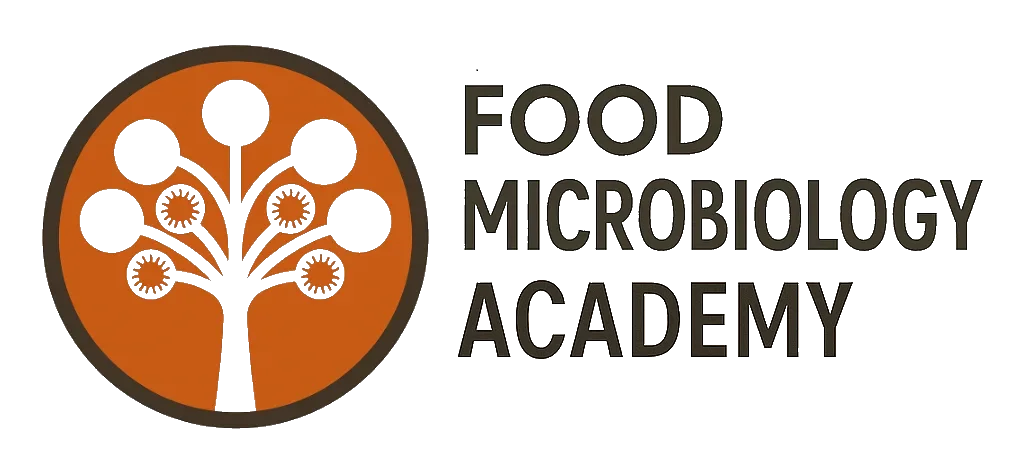The world of gut health has been abuzz with the terms “probiotics” and “prebiotics.” These words have become synonymous with digestive well-being, but what’s often overlooked is the vital role prebiotics play in maintaining a healthy gut. While probiotics undoubtedly offer benefits, it’s increasingly clear that prebiotics, the unsung heroes, may be even more important in promoting a balanced and thriving gut microbiome. In this article, we’ll explore why prebiotics should take center stage in your quest for digestive health.
Defining the terms: Probiotics vs. prebiotics
Before delving into their respective roles, let’s clarify what probiotics and prebiotics are:
- Probiotics are live beneficial microorganisms, primarily bacteria and some yeasts, that can enhance the gut’s microbial balance when consumed. Common sources include yogurt, kefir, and dietary supplements.
- Prebiotics, on the other hand, are non-digestible fibers or compounds that serve as nourishment for beneficial gut bacteria, helping them grow and thrive. They are found in various foods, such as onions, garlic, and certain whole grains.
The gut microbiome: A complex ecosystem
The human gut is a bustling ecosystem comprising trillions of microorganisms, collectively known as the gut microbiome. This microbial community plays a crucial role in digestion, immune function, and even mental health. A balanced gut microbiome contributes to overall well-being.
Why probiotics are important
Probiotics have garnered significant attention and research due to their potential to introduce beneficial microorganisms into the gut. They can help restore microbial balance, support digestion, and offer some potential health benefits. However, probiotics have limitations:
- Transient nature: Probiotics are transient visitors. They don’t permanently establish themselves in the gut. To maintain their benefits, you must consistently consume probiotic-rich foods or supplements.
- Variability: The effectiveness of probiotics varies between individuals. Factors such as the type of probiotic strain, dosage, and individual gut conditions can impact their success.
- Survival challenges: Probiotic microorganisms can face challenges in surviving stomach acid and reaching the intestines in sufficient numbers to be effective.
- Limited impact: While probiotics can provide relief for some digestive conditions, their impact is often modest compared to the role of prebiotics in nurturing existing beneficial bacteria.
The prebiotic advantage
Prebiotics, in contrast, offer a more sustainable and profound impact on gut health:
- Selective nourishment: Prebiotics serve as a specific food source for beneficial gut bacteria. This nourishment encourages the growth and activity of these microbes, contributing to a balanced gut microbiome.
- Diversity and resilience: Prebiotics support the growth of a wide range of beneficial bacteria. A diverse gut microbiome is more resilient to disturbances and better equipped to perform essential functions.
- Long-lasting effects: Unlike probiotics, prebiotics have a lasting impact on gut health. They promote the growth of native, beneficial microbes that can continue to thrive and function effectively over time.
- Improved digestion and health: Prebiotics can enhance the absorption of nutrients, support bowel regularity, and strengthen the gut’s protective barrier. They are linked to improved digestion and a reduced risk of certain health conditions.
Finding prebiotics in your diet
Prebiotics can be readily incorporated into your daily diet through various food sources, including:
- Fruits: Bananas, apples, and citrus fruits are rich in prebiotic fibers.
- Vegetables: Garlic, onions, leeks, and asparagus are excellent sources.
- Whole grains: Oats, barley, and whole wheat contain prebiotic compounds.
- Legumes: Lentils, chickpeas, and black beans are good choices.
- Nuts and seeds: Almonds and flaxseeds provide prebiotic benefits.
- Inulin supplements: Inulin is a type of prebiotic fibre available in supplement form.
A holistic approach to gut health
While probiotics can be valuable in specific situations, they should complement, rather than replace, a diet rich in prebiotic-rich foods. A holistic approach to gut health includes both elements, with prebiotics serving as the foundation for nurturing your gut microbiome.
By prioritising prebiotics in your diet, you empower your body to support its natural, beneficial microorganisms, creating an environment where they can thrive. This approach contributes to a resilient, diverse, and balanced gut microbiome that, in turn, supports overall health and well-being.
In conclusion, the world of gut health should focus on the prebiotic side of the equation. While probiotics have their merits, prebiotics offer long-lasting, selective nourishment that can foster a thriving, resilient gut microbiome. Make prebiotic-rich foods a staple in your diet, and you’ll be taking a significant step toward digestive well-being and overall health.




I recently read your post on prebiotics, and I’m impressed! Your comprehensive coverage of their impact on health, along with practical tips, is both enlightening and actionable. Kudos on creating such a valuable resource!
Wonderful information to enhance our gut strength.